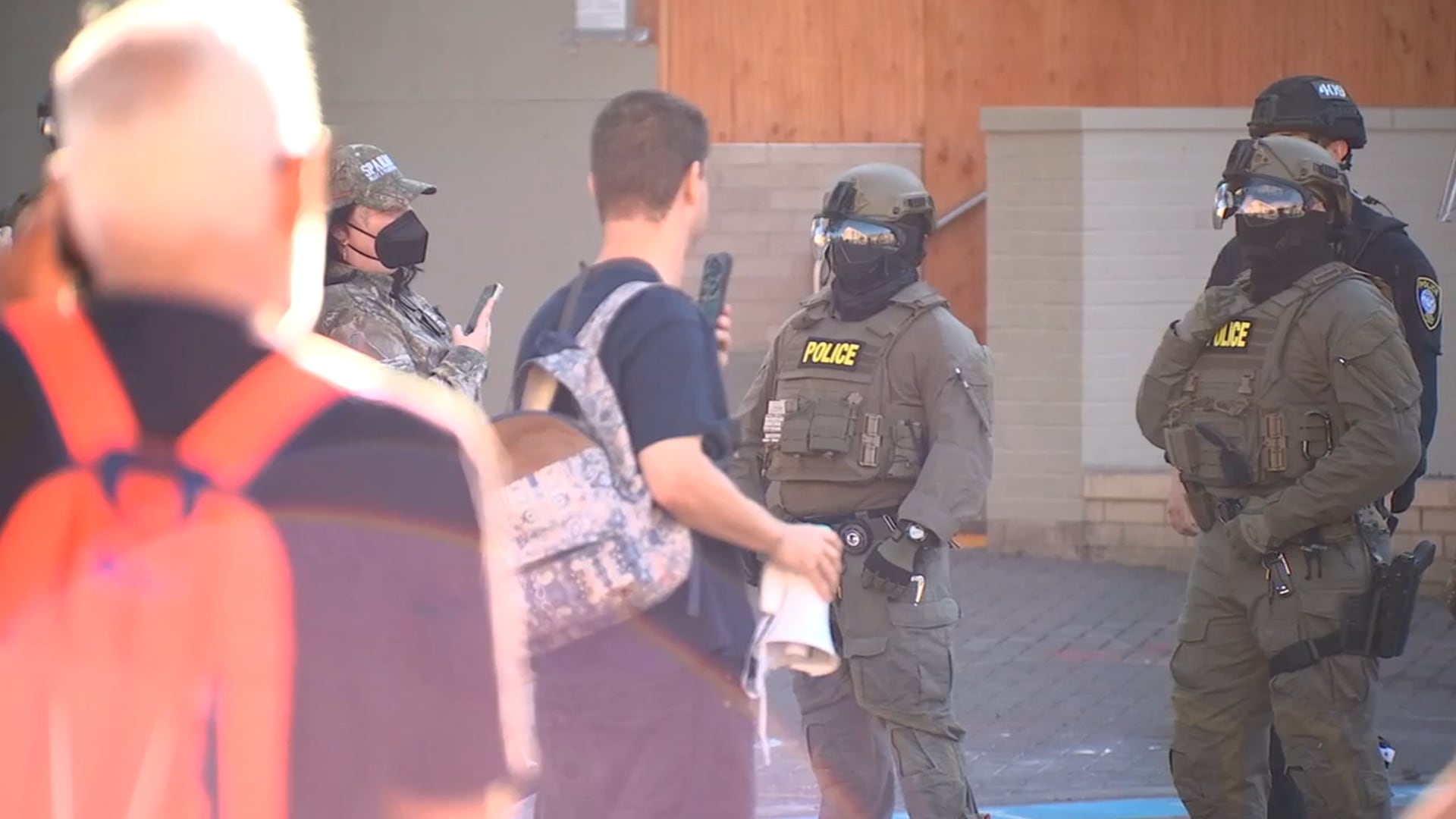
Overview of the Legal Dispute
A legal battle has been ongoing regarding the deployment of National Guard members to Portland, Oregon. The case, which concluded after a three-day trial, centered on whether President Donald Trump had the legal authority to deploy these troops. A key figure in this matter is Judge Karin Immergut, who was appointed by Trump. She announced that she would issue her decision before midnight on Sunday, following the submission of written briefings from both sides.
Submission of Briefs
On Saturday, both the city and state attorneys submitted their briefs by 5 p.m., as requested by Judge Immergut. These submissions were crucial for the judge’s consideration of the case. The city and state are seeking to prevent the deployment of troops, arguing that such action is unnecessary for enforcing laws and that using the military to address issues created by federal agents is inappropriate.
Focus on Insurrection and Legal Definitions
The state's briefing emphasized the definition of an insurrection, highlighting the need for clarity in understanding what constitutes such a situation. Oregon also argued that the use of domestic military forces requires the Trump administration to first call up regular troops under its command before federalizing the National Guard. This argument is based on existing laws that generally prohibit the use of military forces domestically to enforce federal law.
One of the key points raised in the state’s brief was the historical context of such prohibitions. It noted that Congress did not intend for the President to circumvent these laws by federalizing state national guards solely to support federal law enforcement efforts. Instead, the law likely authorizes the President to call up state national guards only when civil law has failed and after the military has been lawfully invoked in response.
Trump Administration's Arguments
In contrast, the Trump administration focused on the need for deference to the President and the necessity of protecting federal property and agents. Their post-trial brief highlighted the importance of considering the President’s judgment in such matters. They also addressed the definition of rebellion, referencing Black’s Law Dictionary, which defines rebellion as open resistance or opposition to an authority or tradition, as well as disobedience to a legal command or summons.
The administration pointed out that the plaintiffs' definition of rebellion may be too narrow, suggesting that even situations short of civil war could justify the use of the National Guard. They cited historical examples, such as President Washington’s use of the militia to suppress the Whiskey Rebellion, to support their argument.
Use of Regular Troops and Standing
Additionally, the Trump administration argued that throughout U.S. history, the terms for regular troops have often included militias and the National Guard. They also contested the standing of the State of Oregon, stating that it is speculative to claim that federalizing 200 Oregon National Guardsmen would harm the state. The administration further argued that there is no harm to Oregon and California in using already federalized troops to protect a federal building.
Conclusion
This case raises important questions about the balance between federal authority and state rights, as well as the legal boundaries of deploying military forces within the United States. As Judge Immergut prepares to issue her decision, the implications of this ruling could set a precedent for future cases involving the use of the National Guard and military forces in domestic affairs. The outcome will likely influence how such deployments are handled in the future, depending on the interpretation of existing laws and the historical context of similar actions.

Post a Comment